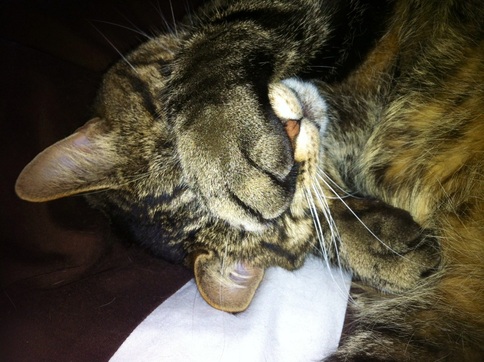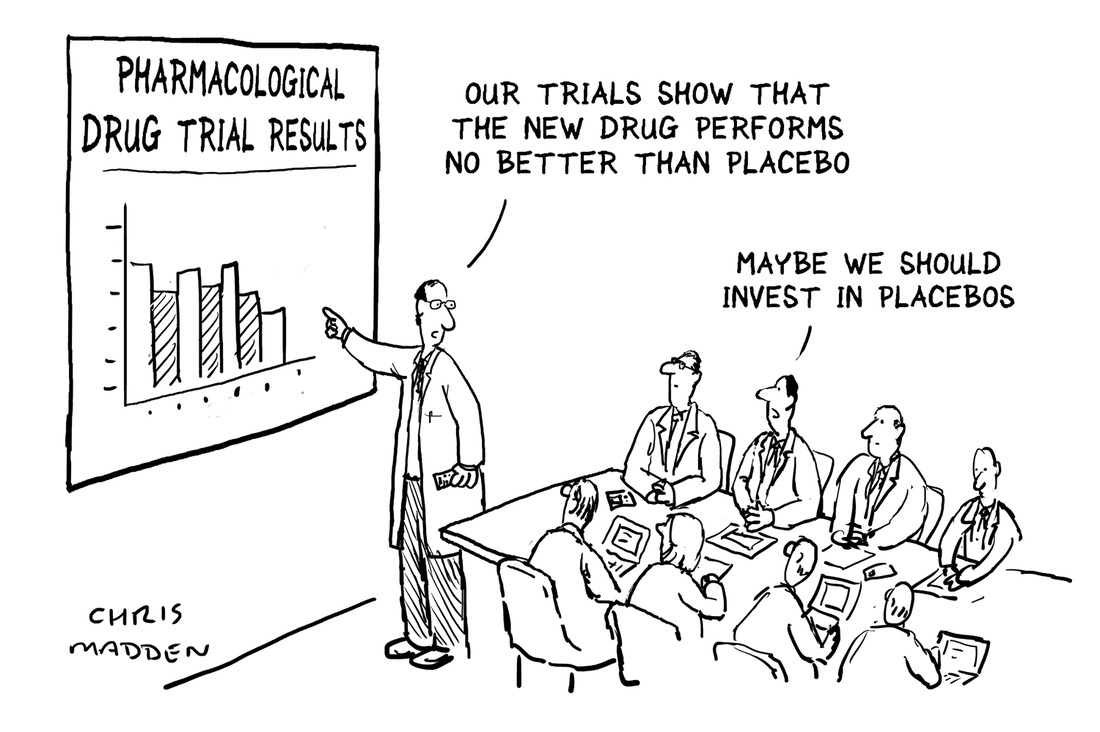|
Sleep Series - Sleep is a common topic and while it is essential to our health, many struggle to get a good nights sleep. In this series of articles we will cover a range of topics that pertain to sleep. Placebo Sleep - The StudyResearchers from Colorado College recently published a paper in the Journal of Experimental Psychology, where they duped participants into thinking they had a good or bad sleep and measured the effects on cognitive function. They hypothesized that "mindset can influence cognitive states in both positive and negative directions, suggesting a means of controlling one's health and cognition." The experiment consisted of 164 participants randomly assigned to one of two sleep quality conditions or two control conditions. The subjects were asked to give a self rating of their previous nights sleep on a scale of 1-10. The researchers then gave the participants a five-minute talk about the effects of sleep on cognitive function, telling them it was just background information for the study. They told the participants that adults normally spend between 20 and 25 percent of their sleep time in REM sleep, and that getting less REM sleep than that tends to cause lower performance on cognitive tests. They also said that those who spend more than 25 percent of their sleep in REM sleep usually perform better on such tests. The participants were then hooked up to an elaborate machine that they were told could determine how much REM sleep they had the night before. NOTE: They made it up. After some 'calculations,' the participants in group A were told that the previous night they had only received 16.2% of REM sleep (below average), while the other group was told they obtained 28.7% REM sleep (above average). After being told their 'calculated' REM sleep, the subjects took a test that measures “auditory attention and speed of processing, skills most affected by sleep deprivation." ResultsAs expected, the participants who were told they had above average REM sleep performed significantly better on cognitive tasks, regardless of how well they originally thought they slept based on their self rating. Those that were told they had below average REM sleep tended to perform worse. In other words, assigned sleep quality but not self-reported sleep quality significantly predicted participants' scores on the cognitive tests. ConclusionWhile it is not reasonable to hook yourself up to an elaborate machine in order to trick yourself into thinking you had a good sleep, it is possible to reframe your mindset around sleep. Many people struggle to get a good sleep - however, by focusing on the sleep that you did get rather than stressing about how bad you slept might actually make you feel more alert and perform better throughout the day. Furthermore, one of the main aspects of the positive effects of placebo is the suggestion. If you believe that your bedtime routine is helping with your sleep, whether it is a cup of tea, reading, or eating a tablespoon of honey. Until next time,
Dr. Tomah
1 Comment
|
AuthorDr. Tomah Phillips, ND Archives
April 2020
Categories
All
|



 RSS Feed
RSS Feed